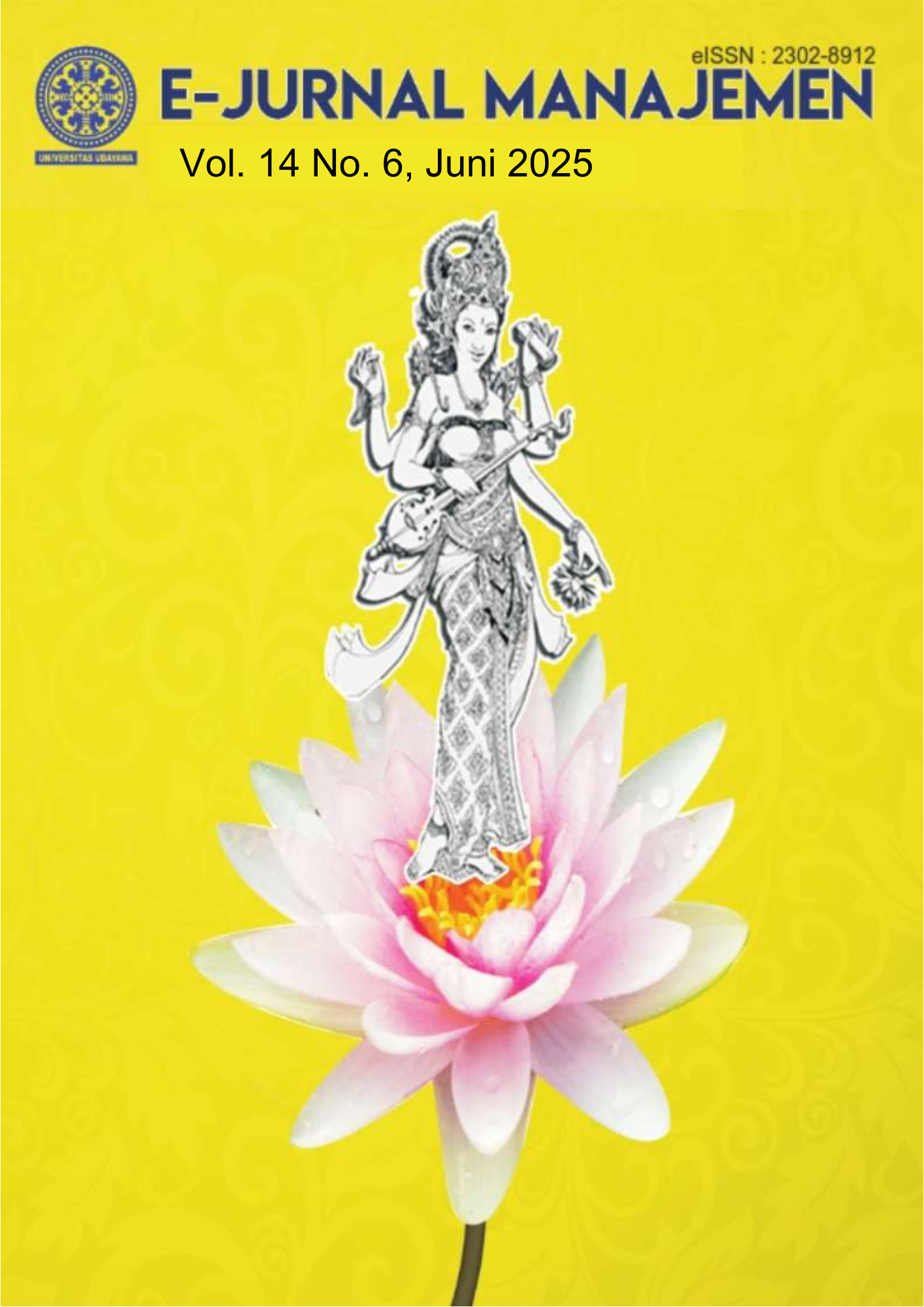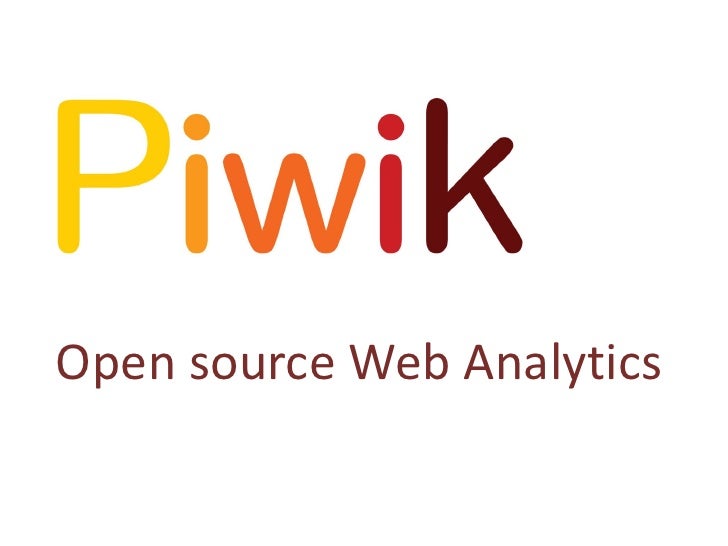DAMPAK PEMANFAATAN ARTIFICIAL INTELLIGENCE (AI) DALAM PERILAKU PENGAMBILAN KEPUTUSAN TERHADAP ETIKA BISNIS DAN KEBERLANJUTAN ORGANISASI
Abstract
Dalam era bisnis yang semakin kompleks dan kompetitif, Artificial Intelligence (AI) menjadi alat strategis yang mampu meningkatkan kecepatan, akurasi, dan objektivitas dalam pengambilan keputusan berbasis data. Namun, pemanfaatannya juga menimbulkan tantangan etis yang signifikan, seperti isu transparansi, bias algoritmik, akuntabilitas, dan privasi data. Penelitian ini bertujuan untuk mengkaji dampak pemanfaatan Artificial Intelligence (AI) dalam perilaku pengambilan keputusan terhadap etika bisnis dan keberlanjutan organisasi. Penelitian ini menggunakan metode kualitatif dengan pendekatan studi literatur yang digunakan sebagai metode penelitian yang menyeluruh, melibatkan pengumpulan dan analisis artikel-artikel yang terkait dengan topik dari berbagai sumber akademik dari Tahun 2021 hingga 2025. Hasil penelitian menunjukkan bahwa pemahaman etika oleh manajer berpengaruh besar terhadap kualitas keputusan yang diambil, terutama dalam memastikan bahwa penerapan AI mendukung keberlanjutan organisasi serta memperhatikan aspek sosial dan lingkungan. AI berkontribusi pada optimalisasi sumber daya, pengurangan dampak lingkungan, peningkatan inovasi sosial, serta efisiensi operasional. Temuan ini menggarisbawahi pentingnya integrasi nilai-nilai etis dalam strategi adopsi teknologi untuk membangun organisasi yang tidak hanya kompetitif, tetapi juga bertanggung jawab secara sosial. Penelitian ini juga merekomendasikan perlunya pengembangan kerangka kebijakan internal yang mengatur penerapan AI secara etis dan berkelanjutan dalam organisasi.
In an increasingly complex and competitive business era, AI has become a strategic tool that can increase the speed, accuracy, and objectivity of data-based decision-making. However, its use also poses significant ethical challenges, such as issues of transparency, algorithmic bias, accountability, and data privacy. This study aims to examine the impact of the use of Artificial Intelligence (AI) in decision-making behavior on business ethics and organizational sustainability. This study uses a qualitative method with a literature study approach used as a comprehensive research method, involving the collection and analysis of articles related to the topic from various academic sources from 2021 to 2025. The results of the study indicate that managers' understanding of ethics has a significant impact on the quality of decisions taken, especially in ensuring that the implementation of AI supports organizational sustainability and pays attention to social and environmental aspects. AI contributes to resource optimization, reducing environmental impacts, increasing social innovation, and operational efficiency. These findings underscore the importance of integrating ethical values ??into technology adoption strategies to build organizations that are not only competitive but also socially responsible. This study also recommends the need to develop an internal policy framework that regulates the ethical and sustainable implementation of AI in organizations.
Downloads
References
Ahmad, S. F., Han, H., Alam, M. M., Rehmat, M. K., Irshad, M., Arraño-Muñoz, M., & Ariza-Montes, A. (2023). Impact of artificial intelligence on human loss in decision making, laziness and safety in education. Humanities and Social Sciences Communications, 10(1), 1-14. https://doi.org/10.1057/s41599-023-01787-8
Al-Ani, A. K., Laghari, S. U. A., Manoharan, H., Selvarajan, S., & Uddin, M. (2023). Improved Transportation Model with Internet of Things Using Artificial Intelligence Algorithm. Computers, Materials and Continua, 76(2), 2261–2279. https://doi.org/10.32604/cmc.2023.038534
AlShamsi, M., Salloum, S. A., Alshurideh, M., & Abdallah, S. (2021). Artificial Intelligence and Blockchain for Transparency in Governance. Studies in Computational Intelligence, 912, 219–230.
Amoako, G., Omari, P., Kumi, D. K., Agbemabiase, G. C., & Asamoah, G. (2021). Conceptual Framework—Artificial Intelligence and Better Entrepreneurial Decision-Making: The Influence of Customer Preference, Industry Benchmark, and Employee Involvement in an Emerging Market. Journal of Risk and Financial Management, 14(12), 1-20. https://doi.org/10.3390/jrfm14120604
Antwi, B. O., Adelakun, B. O., & Eziefule, A. O. (2024). Transforming Financial Reporting with AI: Enhancing Accuracy and Timeliness. International Journal of Advanced Economics, 6(6), 205–223. https://doi.org/10.51594/ijae.v6i6.1229
Autor, D., Mindell, D. A., & Reynolds, E. B. (2022). The Work of the Future. The Work of the Future. The MIT Press.
BaniHani, I., Alawadi, S., & Elmrayyan, N. (2024). AI and the decision-making process: a literature review in healthcare, financial, and technology sectors. Journal of Decision Systems. https://doi.org/10.1080/12460125.2024.2349425
Brands, K., & Lange, L. S. (2016) Teaching Accounting Ethics: Opportunities and Challenges. Jesuit Higher Education: A Journal, 5(1).
Chandra, S. G., Menon, R., Sudha, P. M., Yerasuri, S., Saha, H., & Dongol, P. (2023). The Impact of Artificial Intelligence on Business Strategy and Decision-Making Processes. European Economic Letters. https://doi.org/10.52783/eel.v13i3.386
Chernov, A. V, Chernova, V. A., & Komarova, Т. V. (2020). The Usage of Artificial Intelligence in Strategic Decision Making in Terms of Fourth Industrial Revolution. Advances in Economics, Business and Management Research, 119, 22-25.
https://doi.org/10.2991/aebmr.k.200201.005
Ciobanu, A. C., & Meșniță, G. (2021). Ai Ethics In Business – A Bibliometric Approach. Review of Economic and Business Studies, 14(2), 169–202. https://doi.org/10.47743/rebs-2021-2-0009
Colombari, R., Geuna, A., Helper, S., Martins, R., Paolucci, E., Ricci, R., & Seamans, R. (2023). The interplay between data-driven decision-making and digitalization: A firm-level survey of the Italian and US automotive industries. International Journal of Production Economics, 255. https://doi.org/10.1016/j.ijpe.2022.108718
Davenport, T. H., & Ronanki, R. (2018). Artificial Intelligence for the Real World. Harvard Business Review, 108–116.
Durdella, N. (2019). Qualitative Dissertation Methodology: A Guide for Research Design and Methods. Qualitative Dissertation Methodology: A Guide for Research Design and Methods. https://doi.org/10.4135/9781506345147
Dwinata, I, P, W., & Pambudi, Y. J. (2023). Penggunaan Teknologi Artificial Intelligence Dalam Pemilihan Produk Kecantikan Oleh Konsumen Wanita. E-Jurnal Manajemen, 12(7), 733-752. https://doi.org/10.24843/EJMUNUD.2023.v12.i07.p05
Elrehail, H., Aljahmani, R., Taamneh, A. M., Alsaad, A. K., Al-Okaily, M., & Emeagwali, O. L. (2023). The role of employees’ cognitive capabilities, knowledge creation and decision-making style in predicting the firm’s performance. EuroMed Journal of Business, 19(4), 943–972.
Fatkhurohman, A., & Pujastuti, E. 2019. Penerapan Algoritma Naïve Bayes Classifier Untuk Meningkatkan Keamanan Data Dari Website Phising. Jurnal Teknologi Informasi, 14(1). 43-52. https://doi.org/10.35842/jtir.v14i1.279
Halimah, L., Fajar, A., Hidayah, Y., & Suryaningsih, A. (2021). The Utilization Of Artificial Intelligence Components In Technology Era’s Learning. Prima Magistra: Jurnal Ilmiah Kependidikan, 2(2), 149–162. https://doi.org/10.37478/jpm.v2i2.925
Hofmann, M., Neukart, F., & Bäck, T. 2017. Artificial Intelligence and Data Science in the Automotive Industry. Journal Title-Month Year. 1-22. https://doi.org/10.48550/arXiv.1709.01989
Huang, L. (2023). Ethics of Artificial Intelligence in Education: Student Privacy and Data Protection. Science Insights Education Frontiers, 16(2), 2577–2587. https://doi.org/10.15354/sief.23.re202
Isensee, C., Griese, K. M., & Teuteberg, F. (2021). Sustainable artificial intelligence: A corporate culture perspective. Sustainability Management Forum Nachhaltigkeits Management Forum, 29(3–4), 217–230. https://doi.org/10.1007/s00550-021-00524-6
Kulkov, I., Kulkova, J., Rohrbeck, R., Menvielle, L., Kaartemo, V., & Makkonen, H. (2024). Artificial intelligence - driven sustainable development: Examining organizational, technical, and processing approaches to achieving global goals. Sustainable Development, 32(3), 2253–2267. https://doi.org/10.1002/sd.2773
Lehner, O. M., Ittonen, K., Silvola, H., Ström, E., & Wührleitner, A. (2022). Artificial intelligence based decision-making in accounting and auditing: ethical challenges and normative thinking. Accounting, Auditing and Accountability Journal, 35(9), 109–135. https://doi.org/10.1108/AAAJ-09-2020-4934
Lepri, B., Oliver, N., & Pentland, A. 2021. Ethical machines: The human-centric use of artificial intelligence. Iscience Review, 24(3). 1-17. https://doi.org/10.1016/j.isci.2021.102249
McAfee, A. & Brynjolfsson, E. (2020). The Second Machine Age: Work, Progress, and Prosperity in a Time of Brilliant Technologies. W. W. Norton & Company.
Morandini, S., Fraboni, F., De Angelis, M., Puzzo, G., Giusino, D., & Pietrantoni, L. (2023). The Impact Of Artificial Intelligence On Workers’ Skills: Upskilling And Reskilling In Organisations. Informing Science, 26, 39–68. https://doi.org/10.28945/5078
Nunes, P., Aguiar, A., & Silva, L. (2019). Leveraging AI for strategic business decisions. Business Process Management Journal, 25(3), 567–582.
Osasona, F., Amoo, O. O., Atadoga, A., Abrahams, T. O., Farayola, O. A., & Ayinla, B. S. (2024). Reviewing The Ethical Implications Of Ai In Decision Making Processes. International Journal of Management & Entrepreneurship Research, 6(2), 322–335. https://doi.org/10.51594/ijmer.v6i2.773
Panta, N., & Popescu, N. E. (2023). Charting the Course of AI in Business Sustainability: A Bibliometric Analysis. Studies in Business and Economics, 18(3), 214–229. https://doi.org/10.2478/sbe-2023-0055
Pratiwi, A. C., Rusgianto, S., & Wardhana, A. K. (2022). Application of Vector Error Correction Model on Macroeconomic Variables toward Changes in the Composite Stock Price Index. Daengku: Journal of Humanities and Social Sciences Innovation, 2(2), 219–229. https://doi.org/10.35877/454ri.daengku883
Purwaamijaya, B. M., & Prasetyo, Y. 2022. The Effect of Artificial Intelligence (AI) on Human Capital Management in Indonesia. Jurnal Manajemen dan Kewirausahaan. 10 (2). https://doi.org/10.26905/jmdk.v10i2.9130
Risnawati, R., Lenin, A., & Tunjang, H. (2021). Pengaruh hubungan antar manusia dan lingkungan kerja terhadap etos kerja karyawan pada dealer sepeda motor Honda Armada Tunas Jaya Palangka Raya. Jurnal Manajemen Sains dan Organisasi, 2(2), 129. https://doi.org/10.52300/jmso.v2i2.2919
Russell, S. & Norvig, P. (2016). Artificial Intelligence: A Modern Approach (3rd ed). Pearson.
Ryan, M., Isakhanyan, G., & Tekinerdogan, B. (2023). An interdisciplinary approach to artificial intelligence in agriculture. NJAS: Impact in Agricultural and Life Sciences, 95(1). https://doi.org/10.1080/27685241.2023.2168568
Ryandono, M. N. H., Mawardi, I., Rani, L. N., Widiastuti, T., Ratnasari, R. T., & Wardhana, A. K. (2022). Trends of research topics related to Halal meat as a commodity between Scopus and Web of Science: A systematic review [version 1; peer review: awaiting peer review]. In F1000 Research (Vol. 11, Issue 1). F1000 Research Ltd. https://doi.org/10.12688/f1000research.123005.1
Taufik, S. C. I., Rismayanti, R., Sopian, D. R., & Saputra, A. A. D. (2023). The Influence Of The Development Of Artificial Intelligence Technology In The Industrial Field. Jurnal Indonesia Sosial Teknologi, 4(8), 1186–1199. https://doi.org/10.59141/jist.v4i8.657
Varnosfaderani, S. M., & Forouzanfar, M. (2024). The Role of AI in Hospitals and Clinics: Transforming Healthcare in the 21st Century. In Bioengineering (Vol. 11, Issue 4). Multidisciplinary Digital Publishing Institute (MDPI). https://doi.org/10.3390/bioengineering11040337
Wankhede, V. A., Dragan, A. R., & Stevic. Z. (2024). Artificial Intelligence an Enabler for Sustainable Engineering Decision Making in Uncertain Environment: A Review and Future Propositions. Journal of Global Operations and Strategic Sourcing, 17(2), 384–401.
Wijayanti, D., Suyanto, & Sukesi. (2023). Pengaruh Digital Marketing, Kualitas Pelayanan Dan Kualitas Produk Terhadap Keputusan Pembelian Melalui Kepuasan Konsumen Di Masa Pandemi. E-Jurnal Manajemen, 12(2), 117-136. https://doi.org/10.24843/EJMUNUD.2023.v12.i02.p01
Zaman, S. I., Khan, S., Zaman, S. A. A., & Khan, S. A. (2023). A grey decision-making trial and evaluation laboratory model for digital warehouse management in supply chain networks. Decision Analytics Journal, 8. https://doi.org/10.1016/j.dajour.2023.100293





















